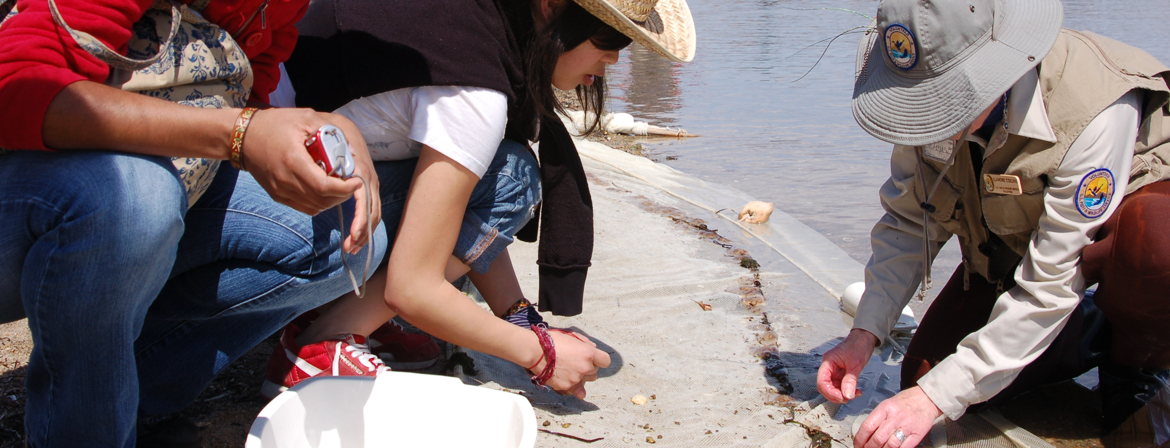Morality and Prosocial Behavior: The Role of Awareness, Responsibility, and Norms in the Norm Activation Model
De Groot, J., & Steg, L. (2009). Morality and prosocial behavior: The role of awareness, responsibility, and norms in the norm activation model. The Journal of Social Psychology, 149(4), 425-449. doi:10.3200/SOCP.149.4.425-449.
General Beliefs and the Theory of Planned Behavior: The Role of Environmental Concerns in the TPB
de Groot, J., & Steg, L. (2007). General beliefs and the theory of planned behavior: The role of environmental concerns in the TPB. Journal of Applied Social Psychology, 37(8), 1817-1836. doi:10.1111/j.1559-1816.2007.00239.x.
Value Orientations and Environmental Beliefs in Five Countries: Validity of an Instrument to Measure Egoistic, Altruistic and Biospheric Value Orientations
de Groot, J., & Steg, L. (2007). Value orientations and environmental beliefs in five countries: Validity of an instrument to measure egoistic, altruistic and biospheric value orientations. Journal of Cross-Cultural Psychology, 38(3), 318-332. doi:10.1177/0022022107300278.
Altruistic, Egoistic, and Normative Effects on Curbside Recycling
Ewing, G. (2001). Altruistic, egoistic, and normative effects on curbside recycling. Environment and Behavior, 33(6), 733-764. doi:10.1177/00139160121973223.
Social Norms and Human Cooperation
Fehr, E., & Fischbacher, U. (2004). Social norms and human cooperation. Trends in Cognitive Sciences, 8(4), 187-190. doi:10.1016/j.tics.2004.02.007.
The Cognitive and Emotional Components of Behavior Norms in Outdoor Recreation
Heywood, J. (2002). The cognitive and emotional components of behavior norms in outdoor recreation. Leisure Sciences, 24(3-4), 271-281. doi:10.1080/01490400290050727.
Social Norms in Outdoor Recreation: Searching for the Behavior-Condition Link
Heywood, J., & Murdock, W. (2002). Social norms in outdoor recreation: Searching for the behavior-condition link. Leisure Sciences, 24(3-4), 283-295. doi:10.1080/01490400290050745.
Silence and Table Manners: When Environments Activate Norms
Joly, J., Stapel, D., & Lindenberg, S. (2008). Silence and table manners: When environments activate norms. Personality and Social Psychology Bulletin, 34(8), 1047-1056. doi:10.1177/0146167208318401.Joly, Janneke F. ; Stapel, Diederik A. ; Lindenberg, Siegwart M.
A Moral Extension of the Theory of Planned Behavior: Norms and Anticipated Feelings of Regret in Conservationism
Kaiser, F. (2006). A moral extension of the theory of planned behavior: Norms and anticipated feelings of regret in conservationism. Personality and Individual Differences, 41(1), 71-81. doi:10.1016/j.paid.2005.11.028.
Using Social Norms to Reduce Household Energy Consumption
Schultz P. W., Nolan J. M., Cialdini R. B., Goldstein N. J., Griskevicius Vladas (2007). The Constructive, Destructive, and Reconstructive Power of Social Norms. Psychological Science, 18(5), 429-434.



